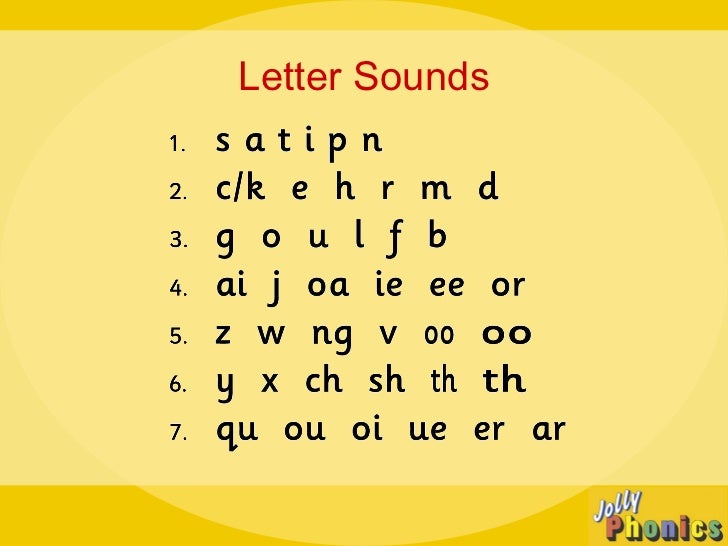Kensuke´s Kingdom is an adventure story indicated for more or less 6th grade students. It contents more complex vocabulary and structures, but it is counteracted with its dynamism and how fun it is, so kids (and grown ups too) will enjoy it if we find a correct way to work on it.
As you already know if you have read the book, it is based on a long trip across the sea, where the characters visit the five continents. So, taking into account this structure where we find numerous and a great diversity of places, we can know a little bit better each place by searching for further information about each place. The project of each child can be focus on whatever they prefer: inhabitants , food, geography, economy...
In order to build a global view of the places and to have a time/place sequence as a main common reference, a good website we can use is...
Here you can check an example of what it could be done by working with this website, although you have lots of different possibilities working with TRIPLINE:
http://www.tripline.net/trip/Kensuke%C2%B4s_Kingdom_story-7731502434411011912BA55D7A38C16D?n=47
http://www.tripline.net/trip/Kensuke%C2%B4s_Kingdom_story-7731502434411011912BA55D7A38C16D?n=47
















